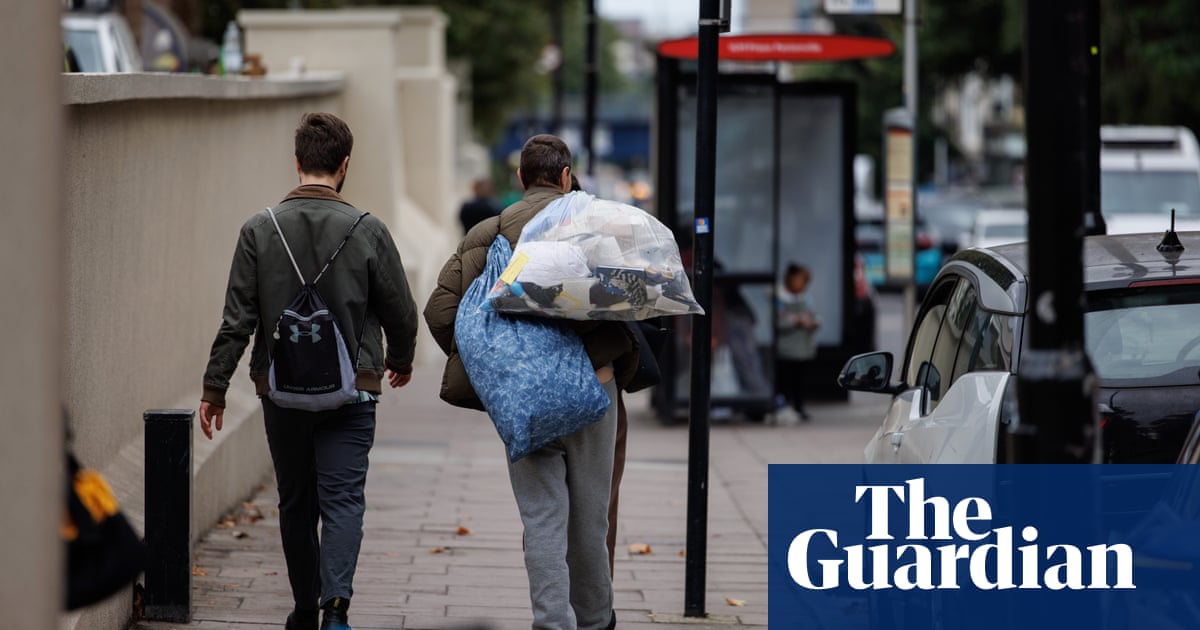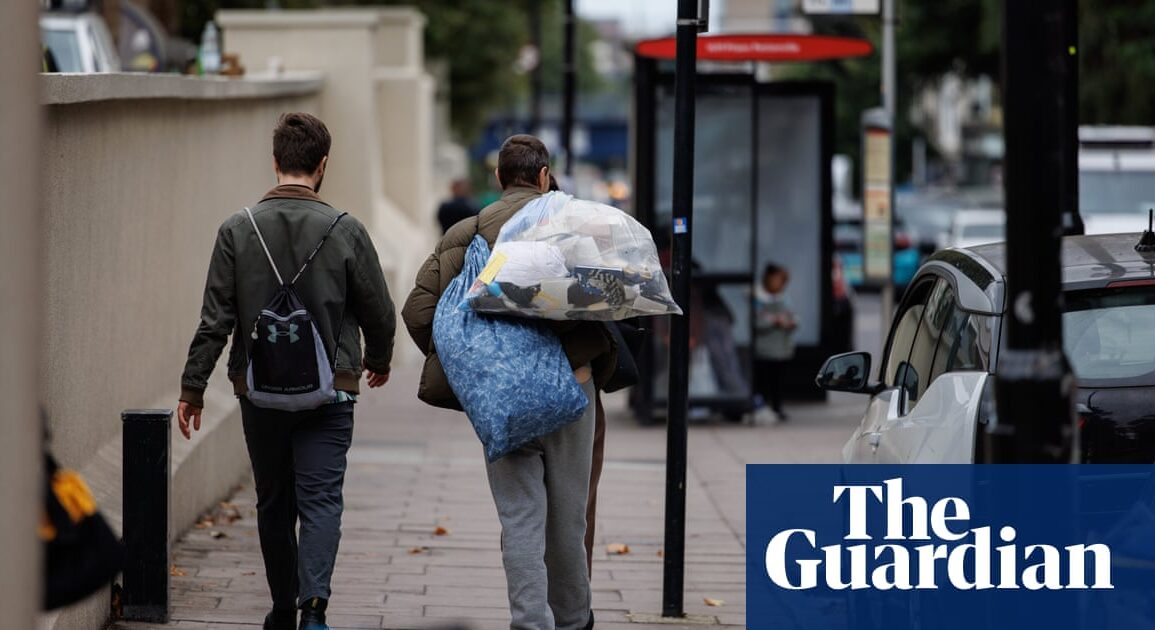
The number of people in prison in England and Wales dropped by a record amount this week after the government started its early release scheme, figures show.
Weekly statistics from the Ministry of Justice published on Friday show the prison population dropped by 2,188 in the previous seven days, a fall of about 2.5%.
The fall is greater than in any other week since records began in 2012, according to a Guardian analysis, and nearly double the second-largest weekly fall. That drop of 1,135 came during April 2020, when some prisoners within two months of their release date were released early to minimise coronavirus risks.
As a result, there are now more than 3,000 unused prison places, a sharp rise from the low hundreds that were available at times during the riots.
The fall comes after the government introduced its early release scheme, which means that people serving sentences for less serious crimes can leave prison after having served 40% of their sentences rather than 50%.
People who are serving sentences for serious violent offences with sentences of four years or more and sex offenders are not eligible for the early release scheme. However, those who have completed a sentence for a serious crime and are now serving a consecutive one for a less serious crime will be allowed to leave early.
Ministers delayed the introduction of the scheme until this week in order to allow the probation service to prepare for an influx of newly released prisoners. But the delay meant 1,700 prisoners left jail on one day, leading to scenes of jubilation from those finishing their sentences and outrage from some victims’ support groups.
The Guardian analysis shows women were more likely to be released this week than men, with the female prison population falling by 5.9%, while the male population dropped by 2.3%.
after newsletter promotion
The prime minister, Keir Starmer, has blamed the previous government for the problem, saying last week: “We have to release people early because otherwise we’ll have an absolute crisis in our prisons.”
The probation officers’ union Napo, however, has called it “a ticking timebomb that could put public safety at risk”.
Prisons were already close to capacity when Labour came to power, but the summer’s riots caused further strain on the system. As of earlier this month, police had arrested 1,380 people in connection with the public disorder, bringing charges against 863. This week is the first since early August when the prison population has not risen.
Starmer said in a Downing Street speech last month: “Every day of that disorder – literally every day – we had to check the precise number of prison places we had and where those places were, to make sure we could arrest, charge and prosecute people quickly. Not having enough prison places is about as fundamental a failure as you can get.”
This post was originally published on this site be sure to check out more of their content.









